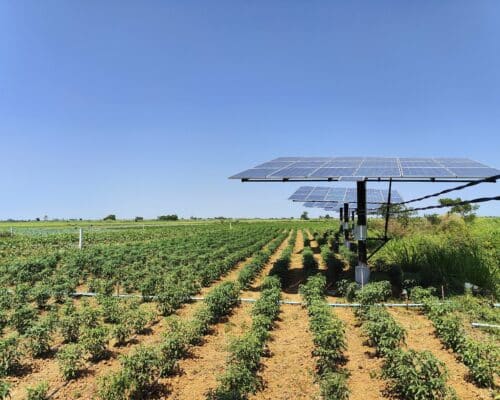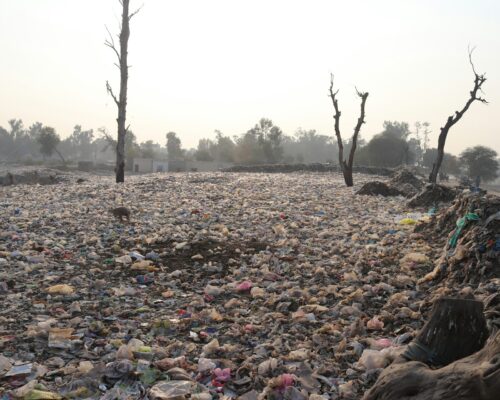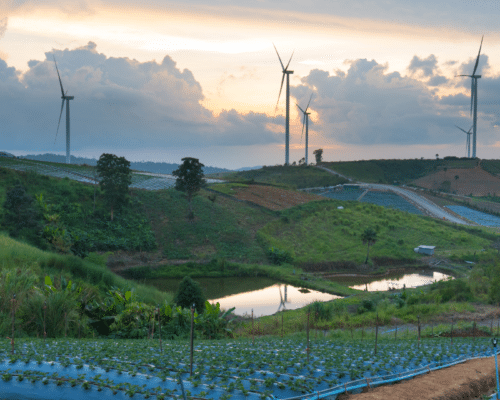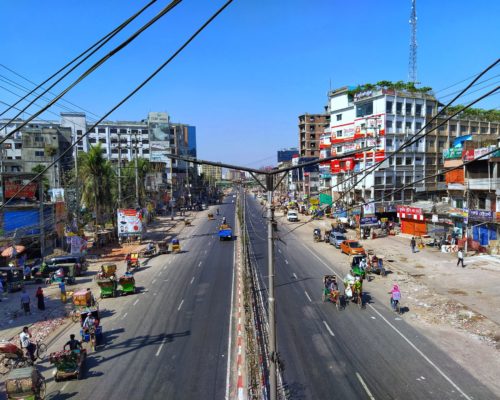Overcoming ASEAN’s Renewable Energy Challenges
Source: Asian Development Bank, Scaling Up Renewable Energy Access in Eastern Indonesia
27 May 2021 – by Eric Koons Comments (0)
ASEAN members have set renewable energy goals and implemented policies, so why are they struggling to reach their renewable energy targets? The challenges for renewable energy deployment are daunting, yet conquerable.
ASEAN Renewable Energy Targets
By 2025, members of the Association of Southeast Asian Nations (ASEAN) are collectively targeting to secure 23% of their primary energy from renewable energy sources. Yet individual countries have their own renewable energy goals:
- Vietnam = 21% renewable energy by 2030
- Indonesia = 31% renewable energy by 2030
- Myanmar = 47% renewable energy by 2030
- Thailand = 30% renewable energy by 2036
The remaining ASEAN members have similar renewable energy targets. However, country-specific challenges are hindering the renewable energy deployment required to achieve these targets.

Regional Renewable Energy Challenges
Collectively, ASEAN members have several unique challenges that affect development of renewable energy technologies. They originate from a variety of factors, like land availability, population trends, financial incentives and more.
Country Level Challenges
- Singapore’s high population density, small size (728 square kilometers), land scarcity and low availability of renewable energy resources has limited its options with existing technologies.
- The Philippines archipelago have developed a fragmented electricity spread across its many islands. This hinders the deployment of renewable energy technologies due to limited infrastructure capacities.
- In Cambodia, there is an absence of feed-in tariffs and net metering systems, which have proven to be successful ways of deploying renewable energy systems.
- Myanmar’s challenges include a lack of quality, affordable renewable energy solutions and mounting challenges with domestic conflicts.
Why Is Indonesia Struggling To Deploy Sustainable Technologies?
In Indonesia, its renewable energy challenges have ranged from the power sector to energy consumers. The grid in Indonesia is highly fragmented, which causes challenges associated with variable renewable energy, inadequate system designs and insufficient operation and maintenance practices.
Financing for renewable energy projects is limited from local banks and a lack of clarity regarding land ownership creates issues with land acquisitions. For energy consumers, there is an overall lack of awareness regarding renewable energy and green energy solutions. Additionally, there is less focus on electrification within the transport industry than other countries. The current transportation focus is on biofuels rather than electric mobility.
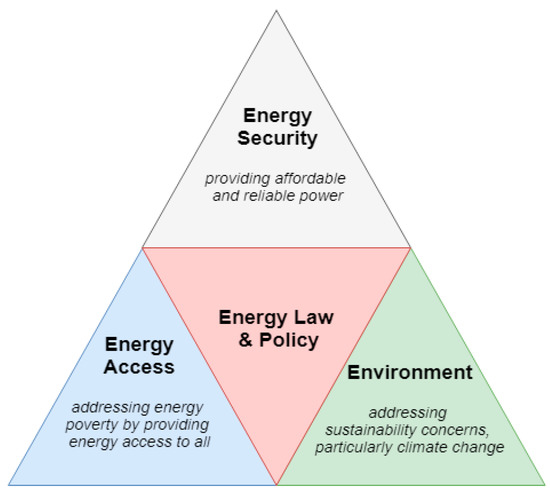
Opportunities Created From These Challenges
These renewable energy challenges faced by ASEAN members are also creating new and emerging opportunities for investors, governments, and the private sector.
- Singapore is currently exploring and deploying innovative renewable energy solutions. These include floating solar farms, solar panels on building facades, mobile grids, solar+ and more.
- In Indonesia, the government is attempting to increase investment into renewable energy by simplifying electricity pricing, adopting more feed-in systems and offering other financial incentives.
- Companies in the Philippines, like Solar Philippines, are aggressively developing and executing large-scale and microgrid projects.
- In Myanmar, a grant agreement between the World Bank Group and its government aims to help develop a commercial market for certified quality solar products.
How to Expedite Renewable Energy Sources Deployed in the Region
Overcoming local challenges and sharing best practices can expedite renewable energy deployment. This is essential to help ASEAN members meet their collective renewable energy target.
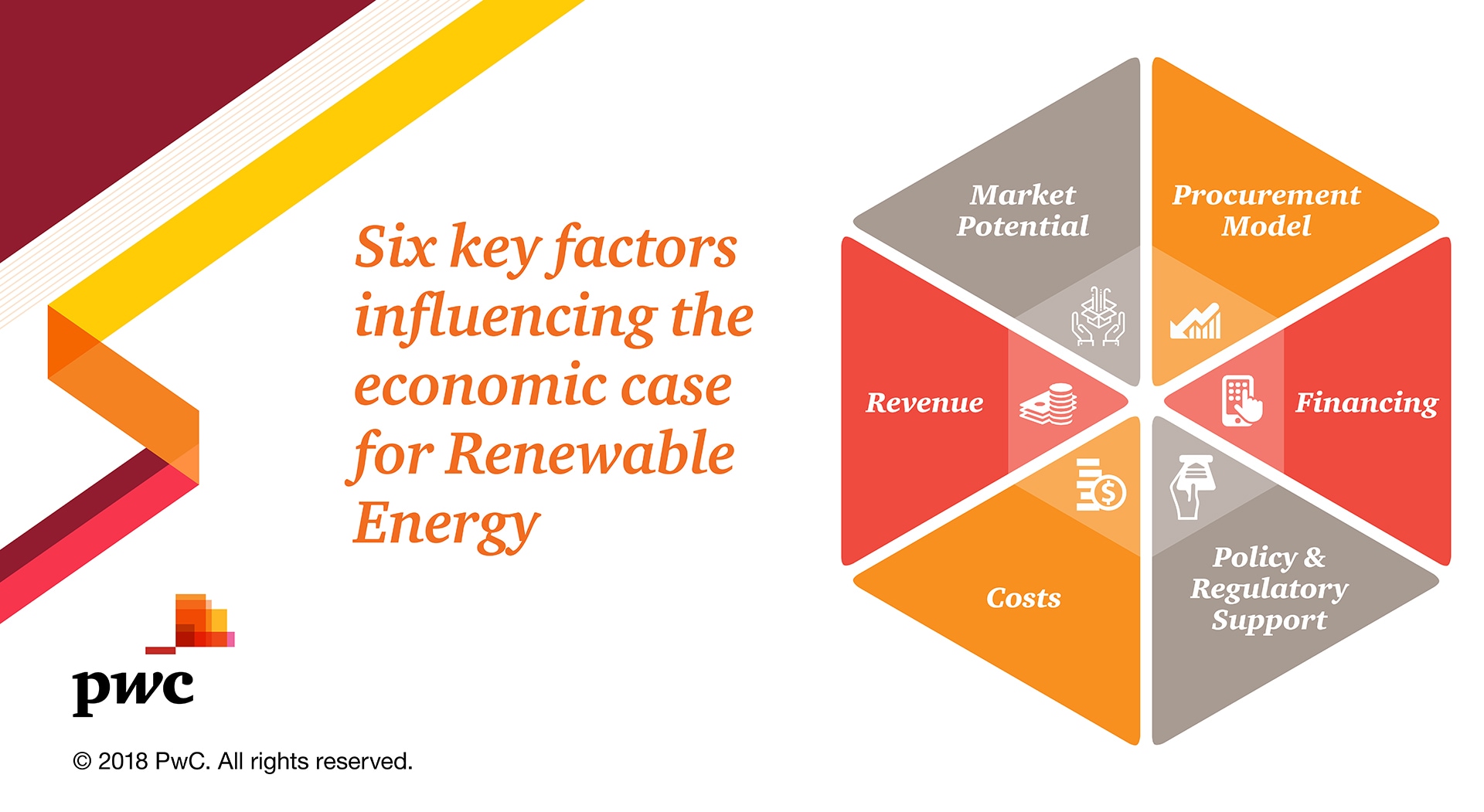
Learning from challenges faced by other member countries is a crucial way to speed up the deployment process. Increased knowledge transfer and further develop renewable energy expertise is sped up by increasing the availability of up-to-date renewable energy data. All of which ultimately, and arguably most importantly, enables ASEAN members to align with the Paris Climate Agreement’s long-term objectives.
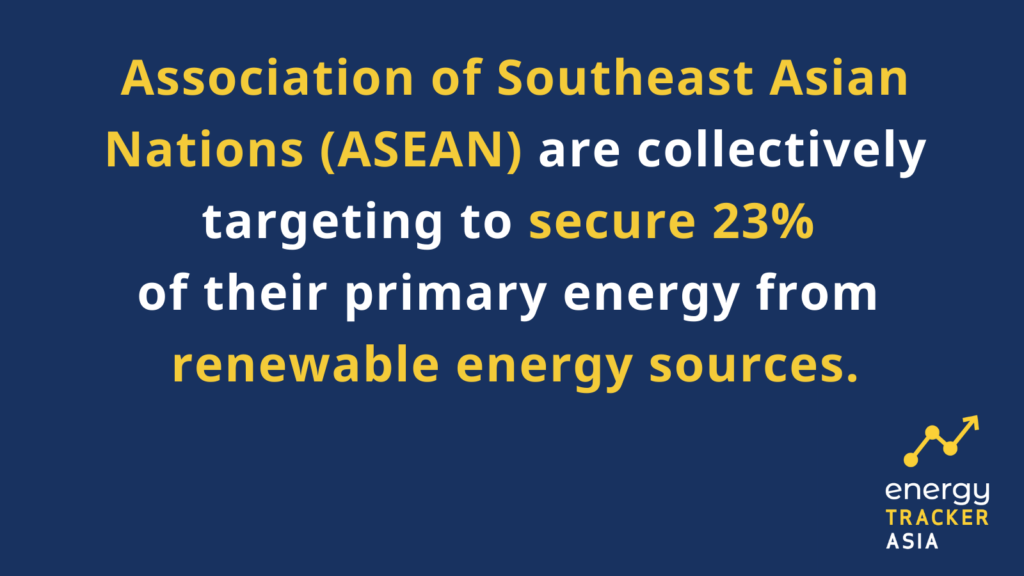
by Eric Koons
Eric is a passionate environmental advocate that believes renewable energy is a key piece in meeting the world’s growing energy demands. He received an environmental science degree from the University of California and has worked to promote environmentally and socially sustainable practices since. Eric’s expertise extends across the environmental field, yet he maintains a strong focus on renewable energy. His work has been featured by leading environmental organizations, such as World Resources Institute and Hitachi ABB Power Grids.
Read more